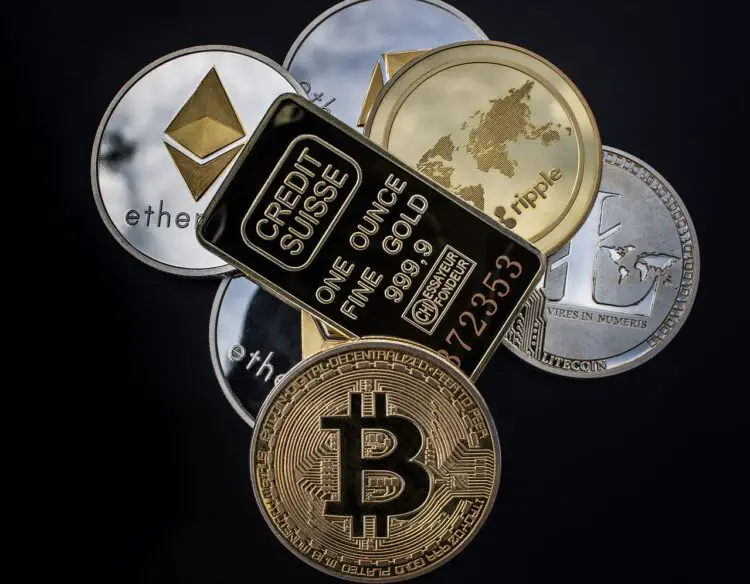If you’re someone who keeps tabs on the cryptocurrency world, you’ve undoubtedly seen the suggestion many times: Bitcoin is the new gold. Sometimes it’s left simply at that. In other instances the suggestion comes with more specificity, such as Bitcoin being akin to gold for millennials, or Bitcoin having potential to become a new gold standard in a literal sense.
Whatever the specific details or qualifiers, the comparison between the two commodities is common. It makes a certain fundamental sense that really doesn’t require much explanation at this point. However, it’s also not necessarily as true or accurate as some take it to be. There are in fact some glaring ways in which Bitcoin fundamentally differs from gold for traders. And they go beyond basic definitions and utility.
Different Trading Platforms
Maybe the most important difference to note between Bitcoin and gold is that they are traded in entirely different ways. And while this may not be a universal truth, gold trading platforms tend to be a little bit more stable. People tend to invest in gold primarily by way of trusted online brokers, or in some cases through related investments in mining stock or ETFs (which we’ll touch on below). These are tried-and-true, reliable methods. On the other hand, Bitcoin is traded through relatively new apps and platforms. These are less regulated, and it’s not unheard of for them to go offline for a period of time. That’s not to say Bitcoin trading isn’t reliable, but it’s perhaps marginally less so than the gold trade.
ETF Options
We mentioned stocks and ETFs above, and these also mark some clear differences between gold and Bitcoin trading. Regarding the former, there are known and established gold ETFs that allow traders to invest in bundles of assets that all relate and react to the price of gold. These are nothing new, and for many they represent primary options when it comes to gold investment. Meanwhile, the world’s first Bitcoin ETF emerged fairly recently. Early performance for said ETF has been strong, but it remains to be seen whether this will become a regular option for crypto investors moving forward.
Storage Style
There is also a fundamental difference in how gold and Bitcoin are stored — or really even how they can be stored. Gold is set aside in physical vaults, such that while investors don’t actually take physical ownership of bullion or coins (in most cases), the amount they buy or sell is accounted for in a secure location. Bitcoin, of course, does not exist in physical form, and is thus “stored” by way of traders’ secure guarding of public and private keys. This system is part of the genius of Bitcoin speculation, but there is also potential for hacks where purely digital storage is concerned.
There are of course more fundamental differences between Bitcoin and gold as well. But looking beyond the basics and considering trading options and mechanisms, the factors above stand in the way of any Bitcoin-to-gold comparison being entirely apt or accurate.

















